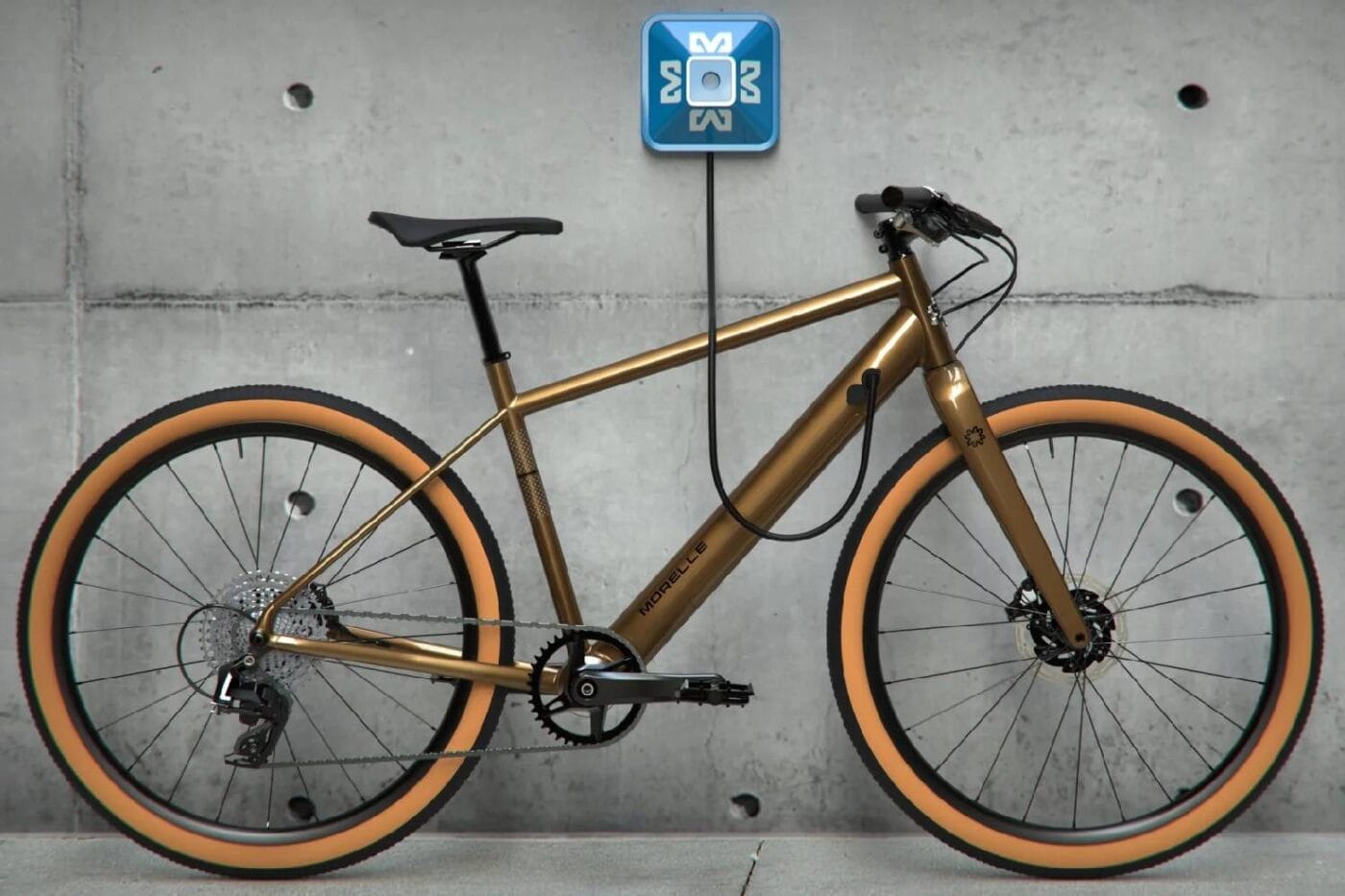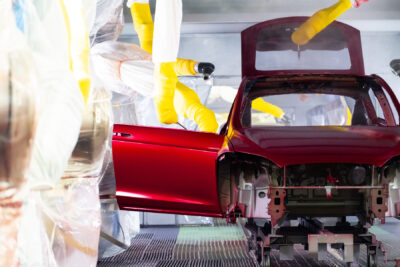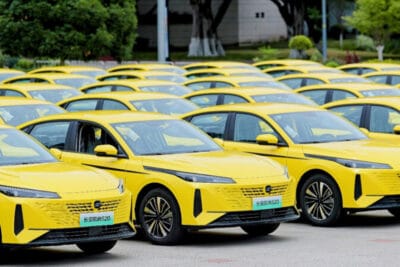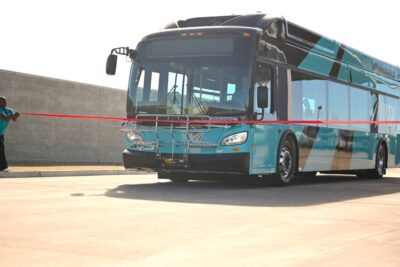Morelle to build fast-charging e-bike
Morelle writes that its success in creating a fast-charging e-bike came down to the use of advanced materials, coupled with machine learning processes. As the company writes, the possibility of fast-charging and a reliable life cycle for the battery were paramount in their design. The company advertises that the bike’s battery can charge “for over 1,000 cycles.”
In terms of the material use, Morelle is basing the battery on a silicon-based anode, unlike the more industry-typical graphite base. The actual charging capacity of the batteries stands at a rate of 1000-1200W or over 1500W. Furthermore, the batteries are compatible with Level 2 EV charging stations.
The rest of the e-bike’s specifications have not been released; however, Morelle states that a high-torque motor will help maintain a low weight while reaching up to 45 kph in pedal-assistance.
Morelle was founded by battery scientist Kevin Hays together with tech development specialist Michael Sinkula, who had worked together previously at Ionblox, which developed batteries for electric VTOL aircraft. They then brought on the renowned bicycle designer Gary Fisher, who is now the chief bike designer at Morelle.
Michael Sinkula explained to Forbes that their design process was not only limited to the applications of bikes: “Performance-wise, the kind of battery pack we’re putting in the e-bike is almost identical to what’s required for untethered robotics. [Makers of humanoid robots] are also somewhat restricted to volume and weight constraints, so energy density is also an important factor,” Forbes quotes the co-founder.
Morelle plans to launch deliveries of the e-bike in the first quarter of 2026, with prices estimated to start around $3,000. Interested customers can opt for a refundable reservation of $50 already.





0 Comments